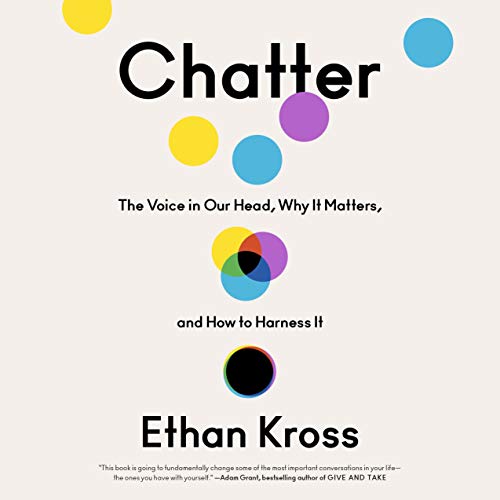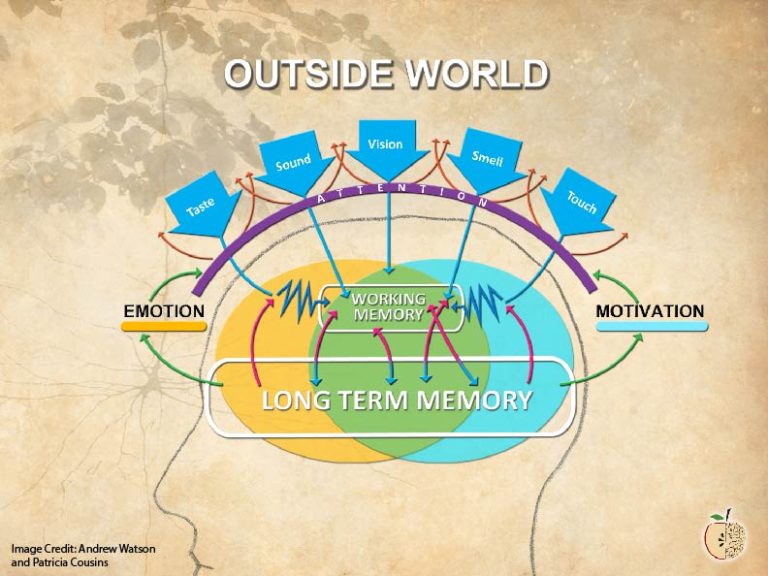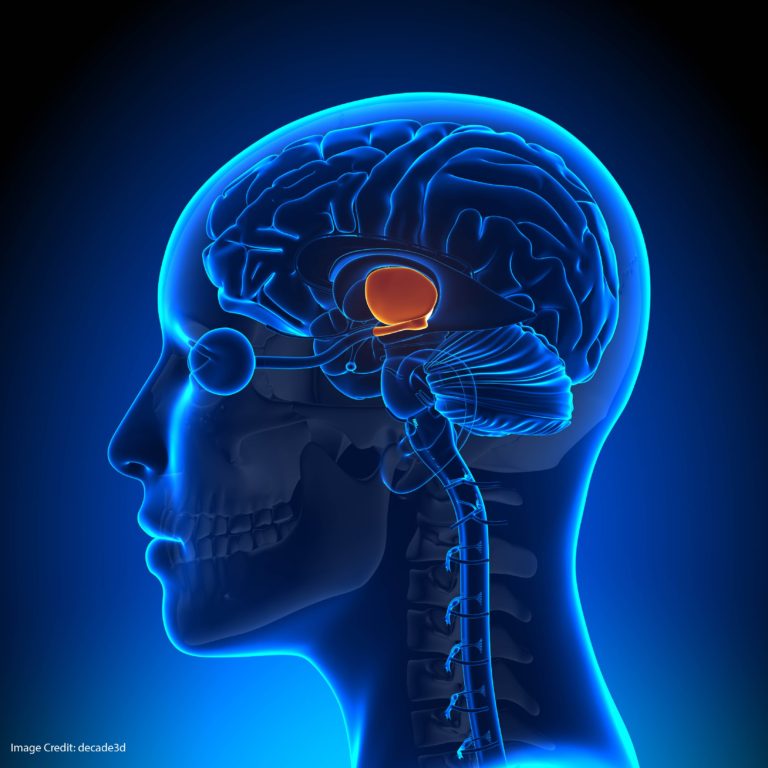Tags
ADHD adolescence attention autism book review boundary conditions classroom advice conference speakers constructivism/direct instruction creativity desirable difficulty development dual coding elementary school embodied cognition emotion evolution exercise experts and novices gender high school homework intelligence long-term memory math methodology middle school mind-wandering mindfulness Mindset motivation neuromyths neuroscience online learning parents psychology reading retrieval practice self-control skepticism sleep STEM stress technology working memoryRecent Comments
- How to Present at a Conference... |Education & Teacher Conferences on Enjoyment or Skill? The Case of Reading
- How to Present at a Conference... |Education & Teacher Conferences on Do *Goals* Motivate Students? How about *Feedback*?
- Roberta on Seriously: What Motivates Teachers to Be Funny?
- Revisiting the "Handwriting vs. Laptops" Debate: More Moving Goalposts |Education & Teacher Conferences on Handwritten Notes or Laptop Notes: A Skeptic Converted?
- The Power Of A Growth Mindset: How Students Can Overcome Challenges - Sunshine Blessings on The Rise and Fall and Rise of Growth Mindset
ABOUT THE BLOG
Tag Archives: psychology

Honesty by Christian Miller
At first glance, honesty might seem like a straightforward, even mundane topic. When I picked…

A Mind for Numbers by Barbara Oakley
A Mind for Numbers: How to Excel at Math and Science (Even If You Flunked…

CHATTER BY ETHAN KROSS
The founder and director of the Emotional and Self-Control Laboratory at the University of Michigan,…

Physics and Engineering: My New Year’s Resolution
Over on Twitter, @DylanWilliam wrote: “[P]hysics tells you about the properties of materials but…
![AdobeStock_169457901 [Converted]_Credit](https://www.learningandthebrain.com/blog/wp-content/uploads/2018/12/AdobeStock_169457901-Converted_Credit-768x564.jpg)
Brain Research in Translation
Science relies on skepticism, so let’s ask a skeptical question: “Does it really benefit teachers…

Look Here Not There: The Limits of Psychology
Daniel Willingham argues that we should acknowledge the limits of psychology education and research for teachers. Although empirical generalizations give us useful guidance, most theories and epistemic assumptions are simply to broad to be helpful. Continue reading

Can You Resist the Seductive Allure of Neuroscience?
The seductive allure of neuroscience often blinds us. In fact, the image on the right…

Uniquely Human: How Animals Differ From People
What separates humans from other animals? What makes us uniquely human? This question can be…

Getting the Best Advice about Learning
Occasionally I try to persuade people that neuroscience is fantastically complicated. In other words: we…

